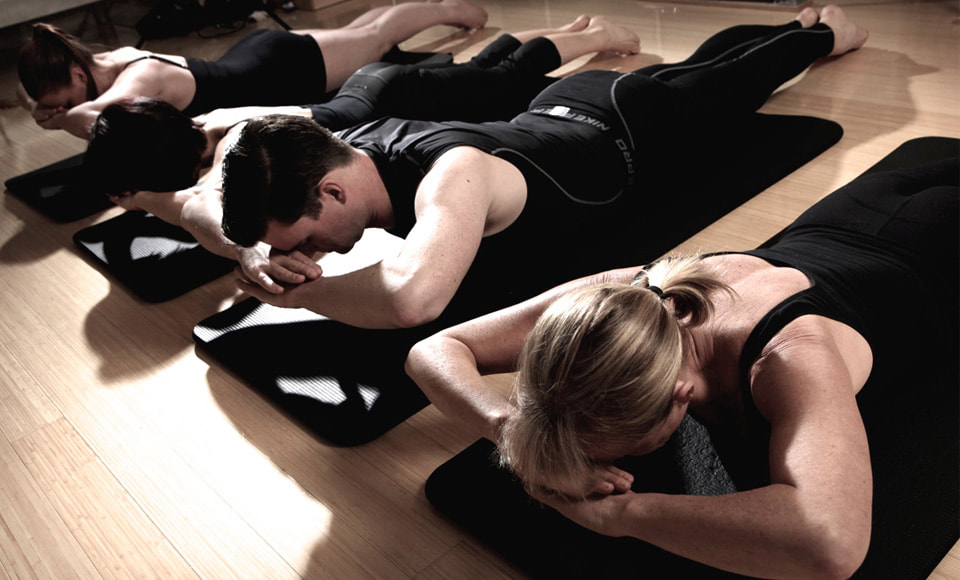 You may have heard the word Pilates floating around the health and fitness world in recent years, but what is Pilates and why is it all the rage right now? What is Pilates? Pilates is a form of exercise focused on the entire body and was developed by a man named Joseph Pilates. It was originally used to assist in rehabilitating injured soldiers from WW1 and then was used as strength and conditioning exercise for dancers. These days it is much more widely used by many individuals for many different purposes. Traditionally Pilates focuses on low-impact movements that target flexibility, muscular strength and endurance. Each exercise should be performed with precision, balance, correct postural alignment, core activation, and controlled flowing movements that incorporate breathing to centre the mind. Pilates movements can be completed in standing on laying positions and can also incorporate equipment such as the Reformer, Pilates Magic Circle, Chi Ball, Cadillac, Ladder Barrel and many others. It is very common these days for Pilates classes to be combined with other forms of exercise such as HIIT, Boxing or Yoga. What are the benefits? So, what’s all the obsession with Pilates over other forms of exercise? There are many benefits to Pilates when compared to other exercise methods, including;
What are the 5 key Pilate’s principals?
Now that you know what all the fuss is about, why not give a Pilates class a go! By Aleisha Michael Accredited Exercise Physiologist
0 Comments
Your comment will be posted after it is approved.
Leave a Reply. |
AuthorSLisa Parkinson Archives
March 2024
Categories
All
|

 RSS Feed
RSS Feed